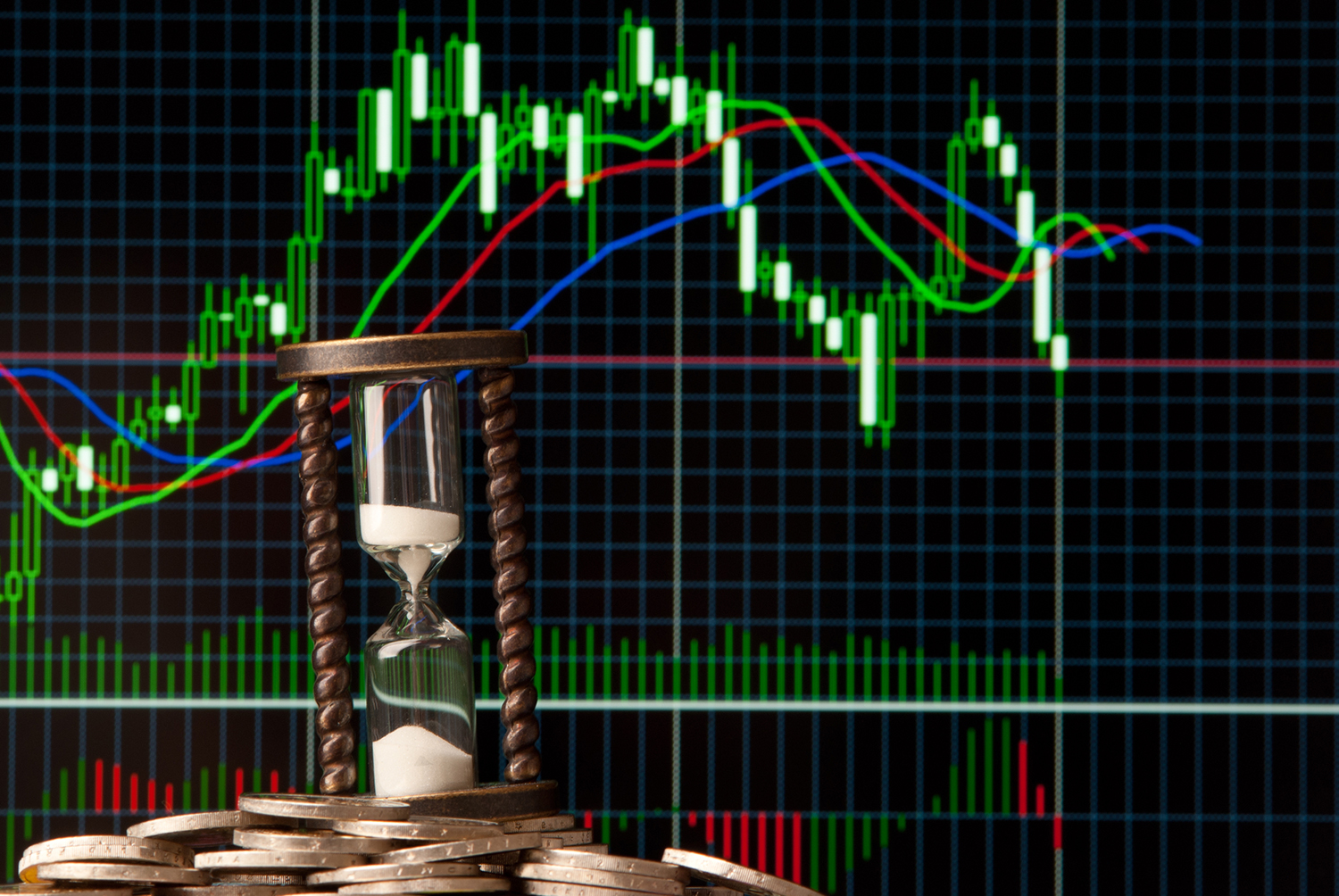
Overview
It is well known that timing is everything, it is what determines a good joke and it is what determines, sometimes tragically, a good company. It is also in many cases what determines a good Forex deal. Although here timing isn’t everything, it is around 50% of what makes a good Forex deal. Many big companies throughout history have risen and fallen over this factor.
In this lesson we will survey the implications of what good timing means in a Forex deal.
Must one sit in front of the screen all day long in order to be able to respond to the market’s movements?
What are the skills that one must acquire in order to determine ideal entry points and exit points?
It is a known fact that the Forex Market, just like many other financial markets, can produce some very quick price movements. At times the Forex Market can also move extremely and agonizingly slow. In all of these scenarios one can make a profit, if it is by trading the assets themselves or the derivatives linked to these assets.
What are the tools available for determining the correct timing of entering a Forex deal and exiting a Forex deal?
What is the appropriate duration of a Forex deal?
Where should one go for a short-term trade and where is it more accurate to go in for a long-term trade?
How does the currency interest rate affect Forex deals in the short-term and the long-term and how might one take these effects into consideration?
In this lesson we will see an example of how to manage an open position dealing with one quarter of the exposure at a time.
Course Features
- Lectures 2
- Quizzes 0
- Language English
- Students 1
- Assessments Yes
Reviews
Reviews
Average Rating
Detailed Rating
Curriculum
-
Timing in Forex 2
-
Timing your entries when trading forexLecture1.1
-
Timing your exits when trading forexLecture1.2
-


